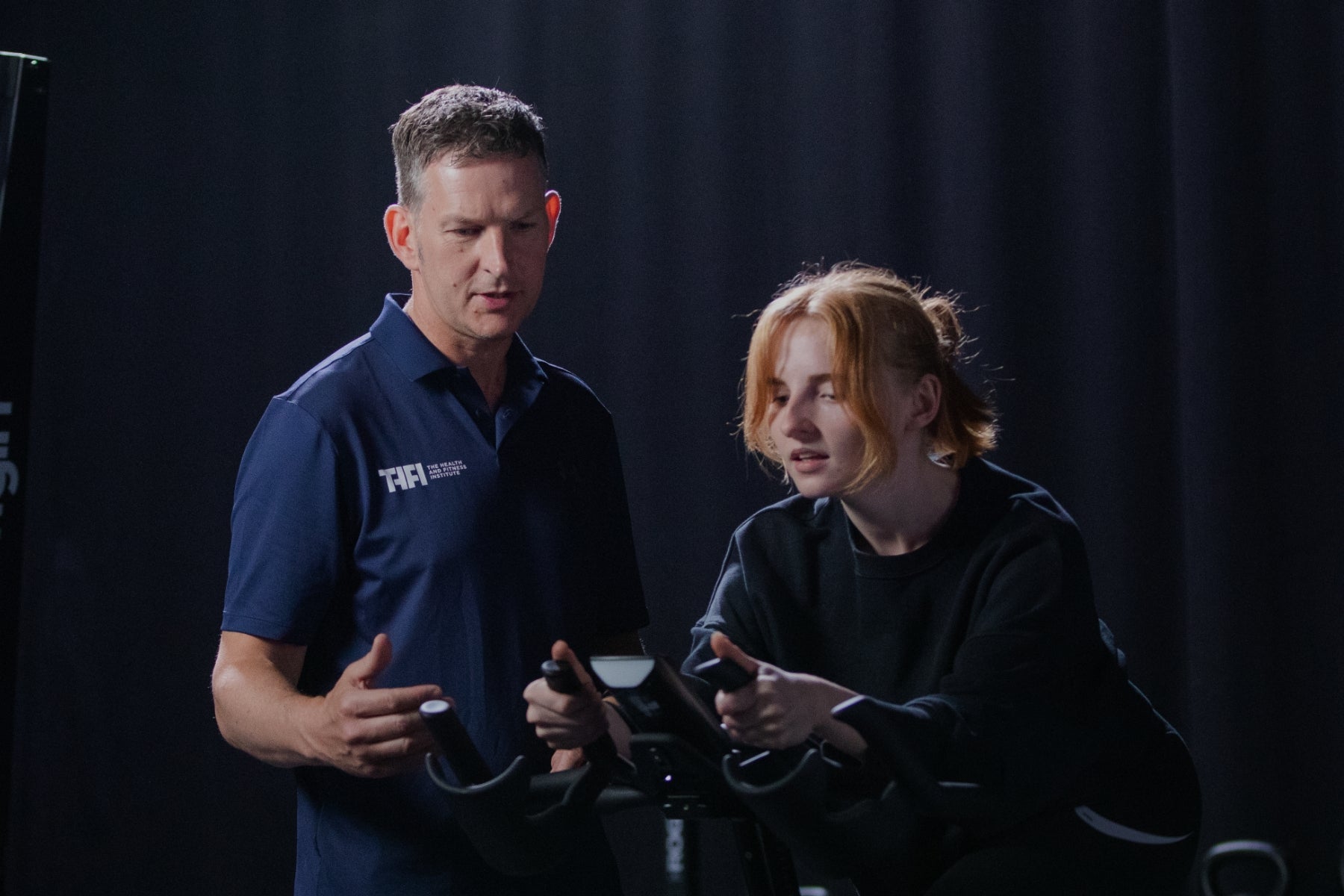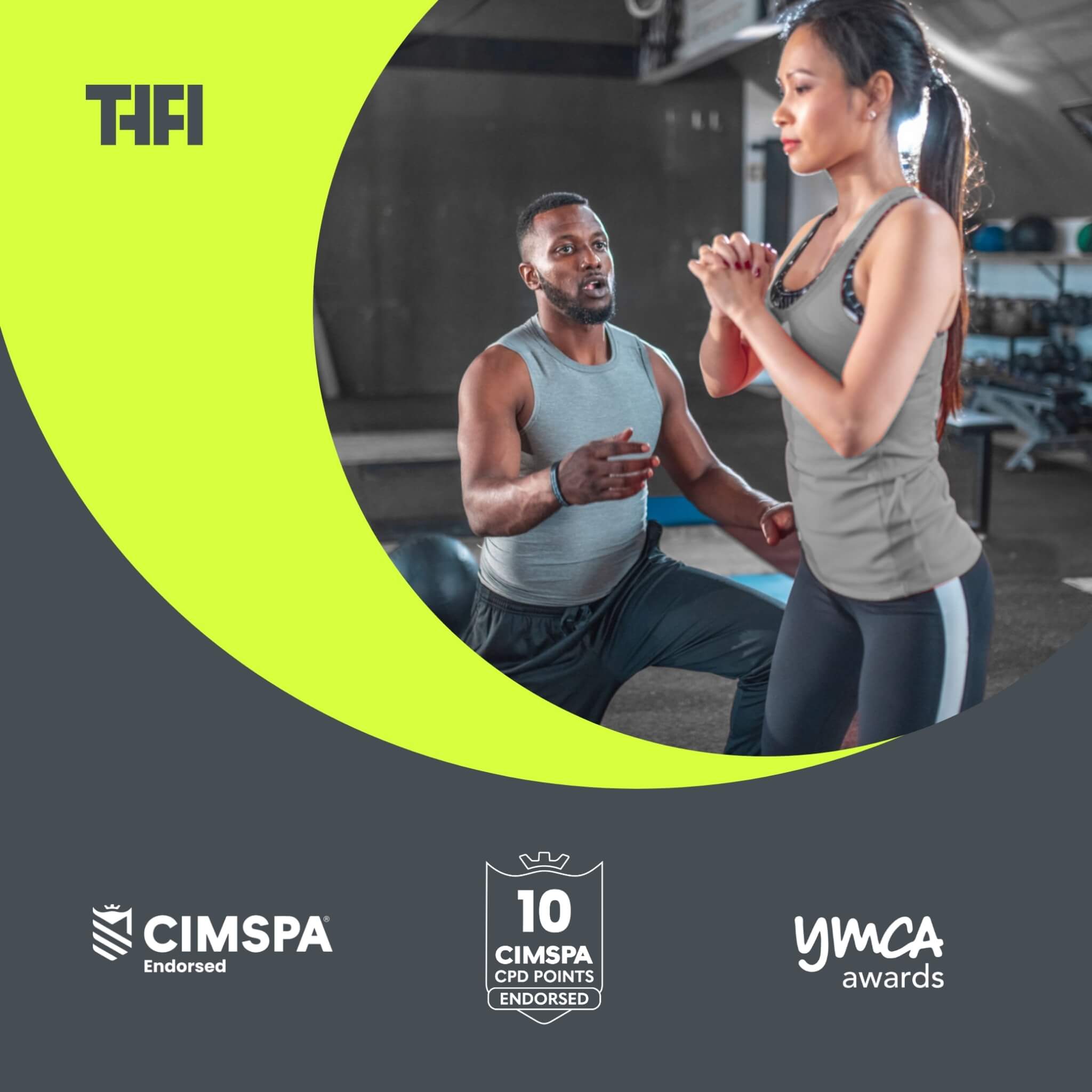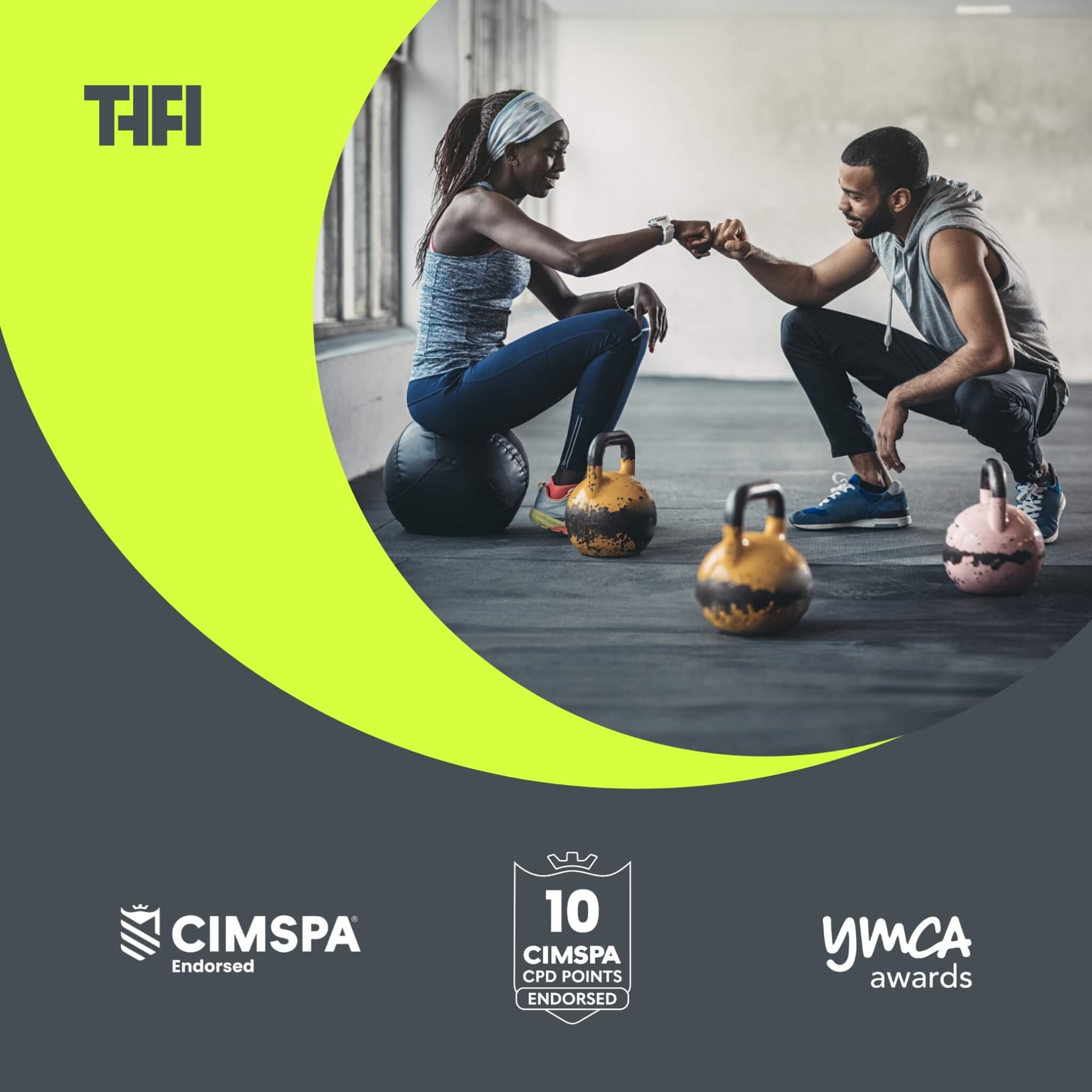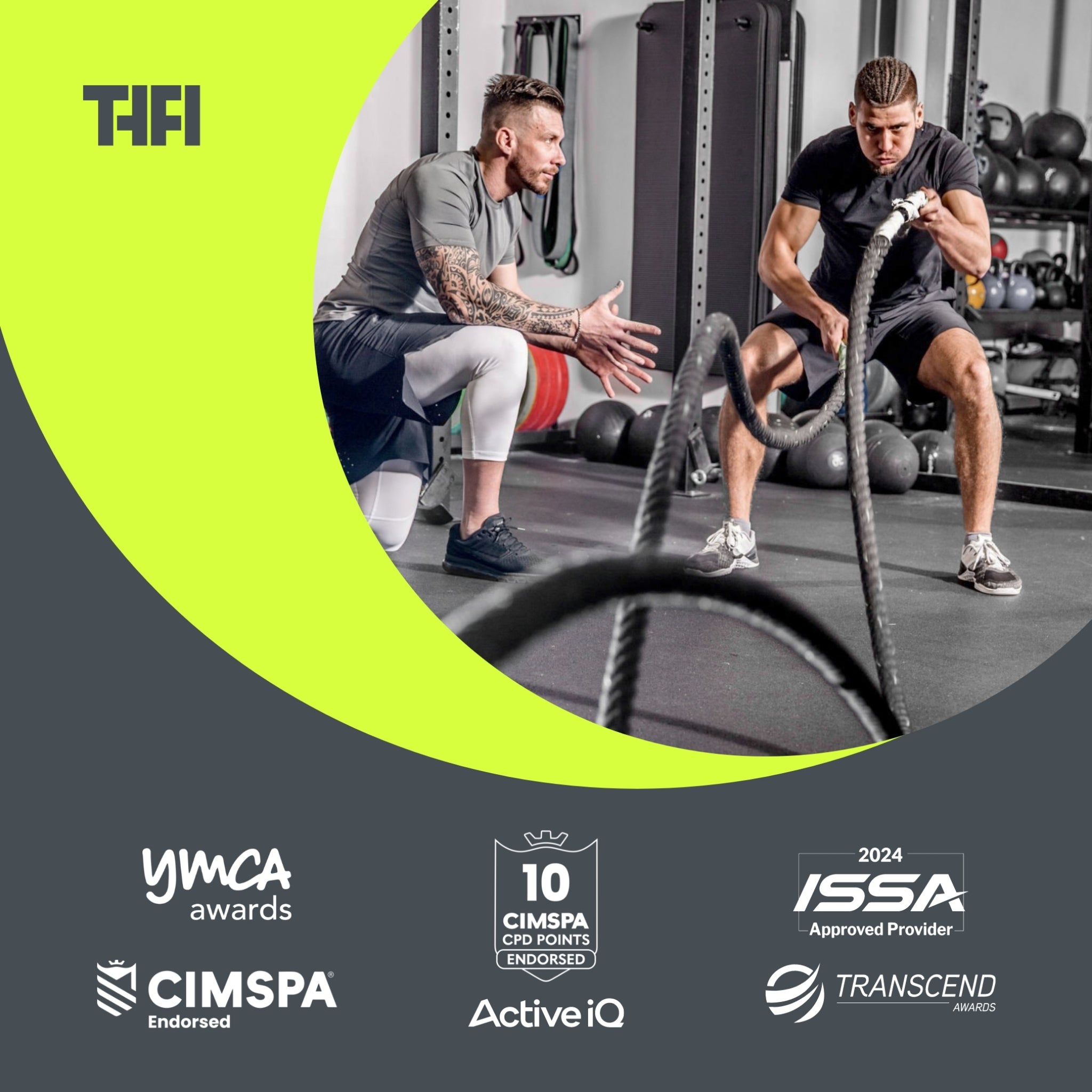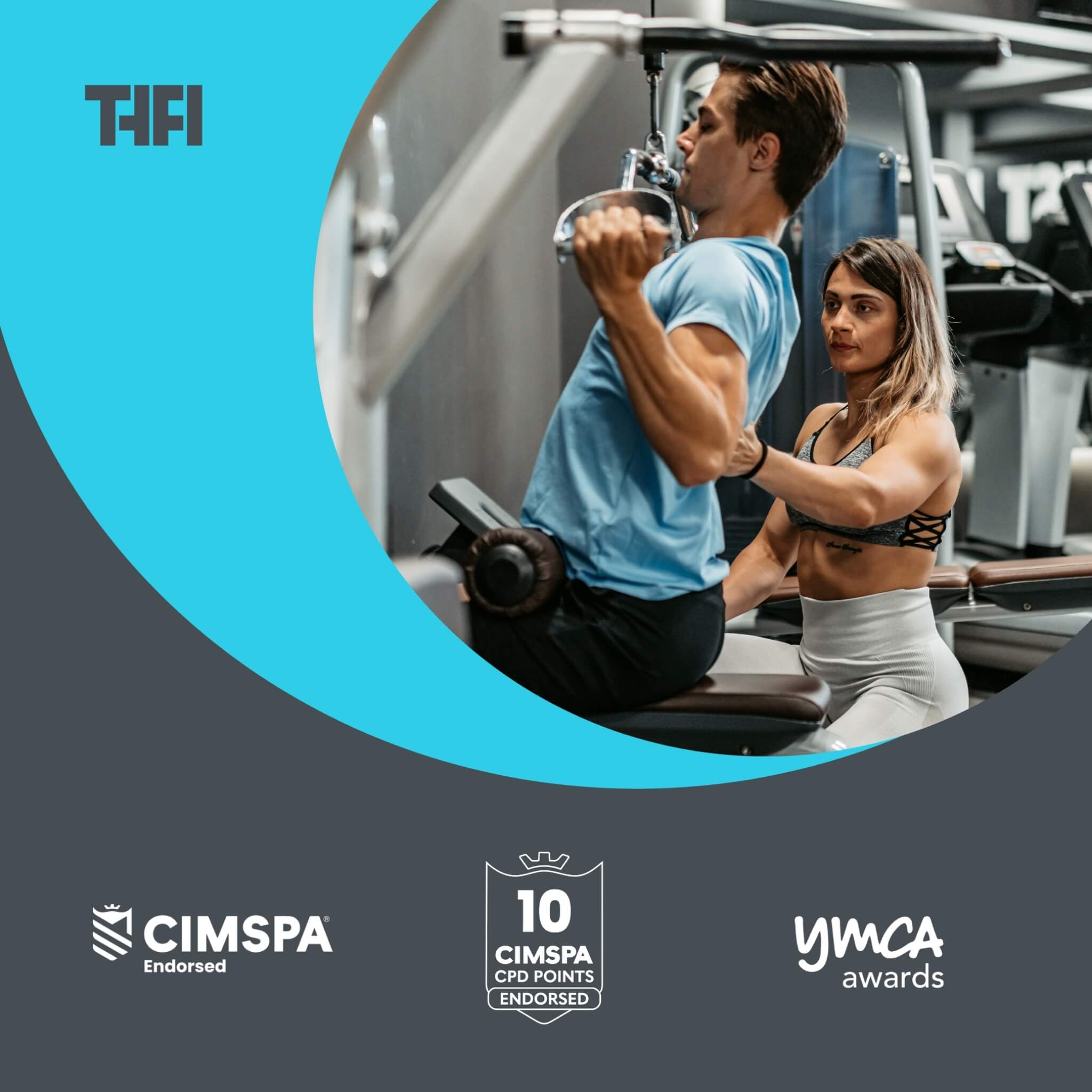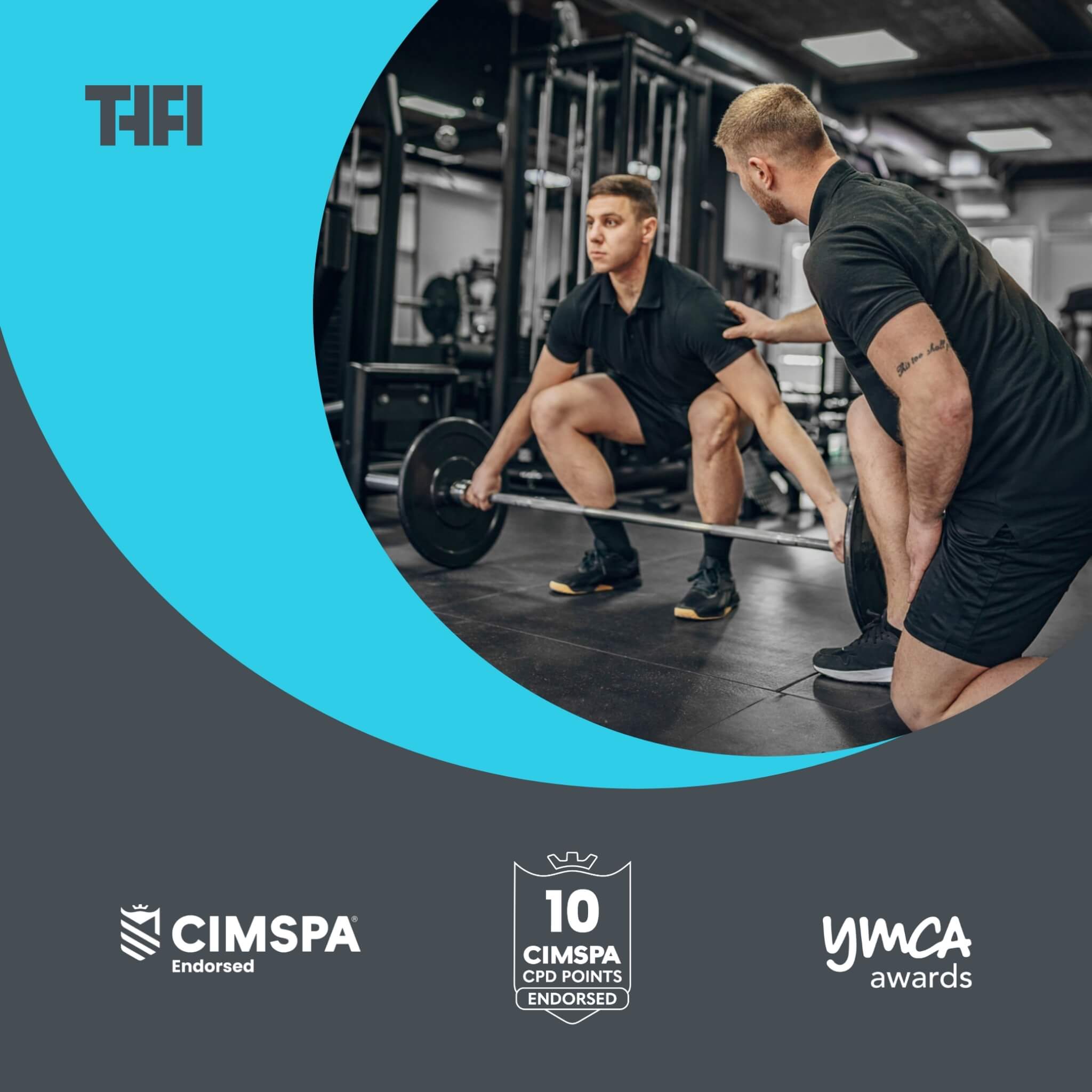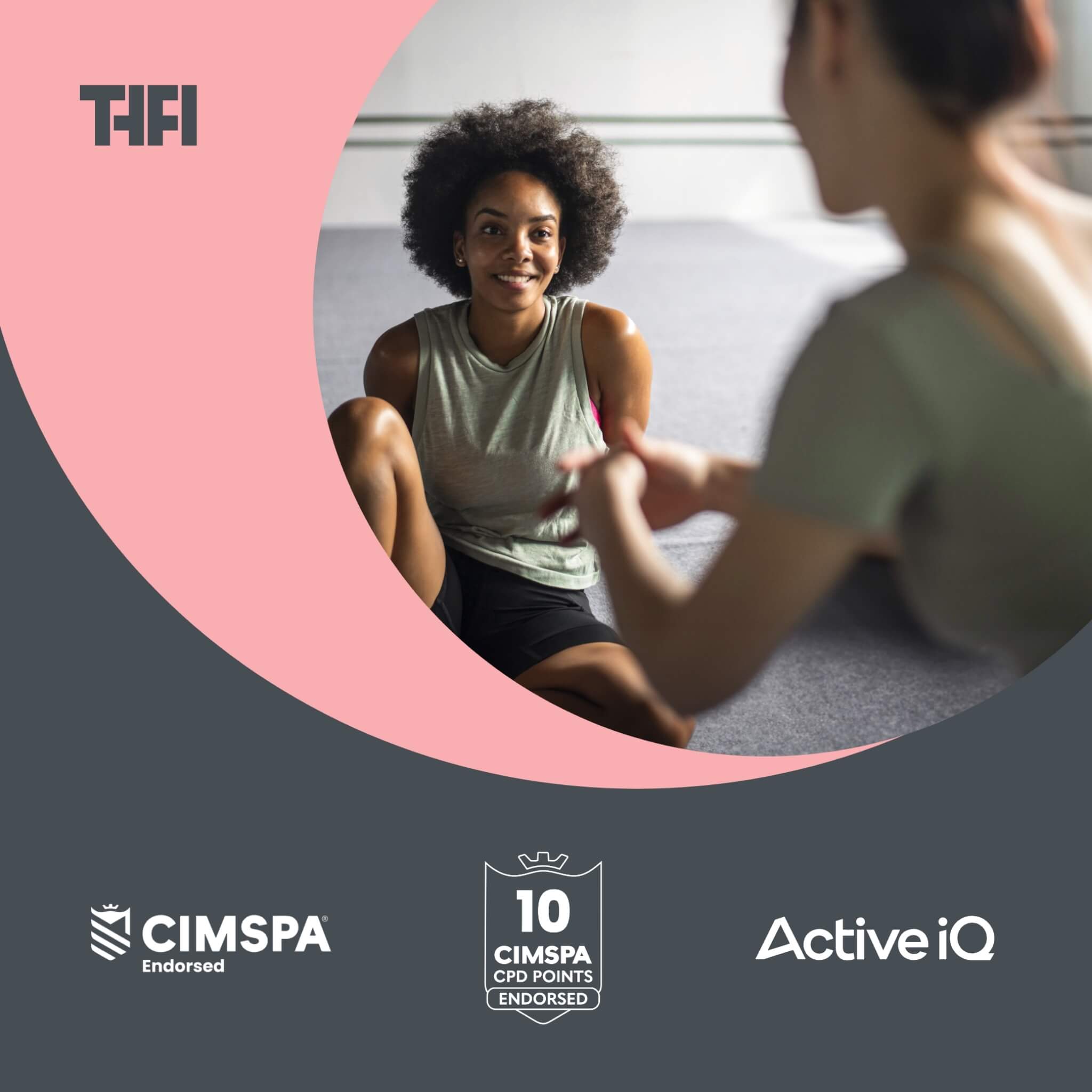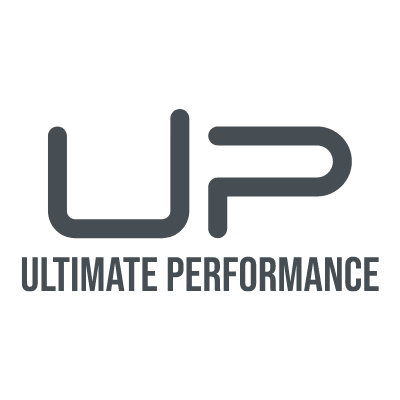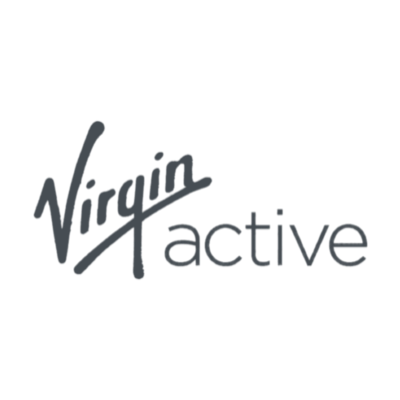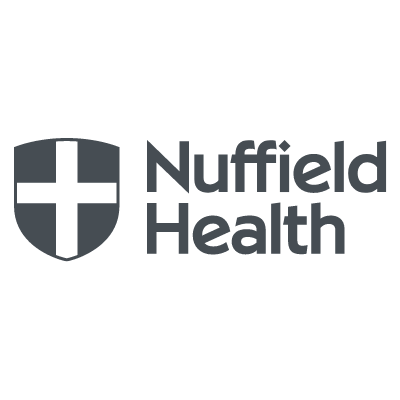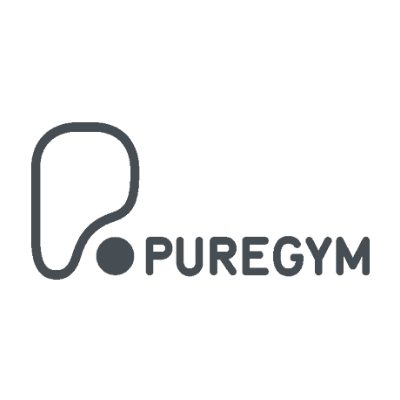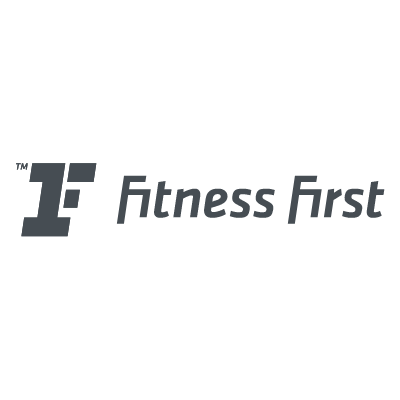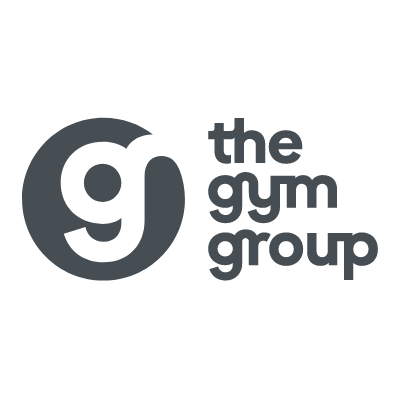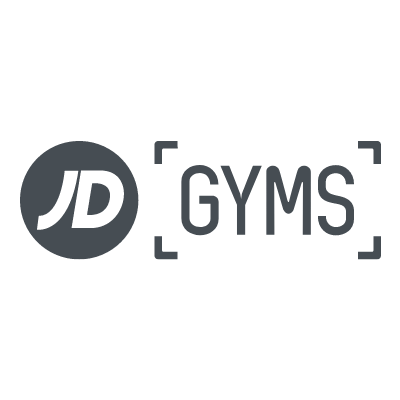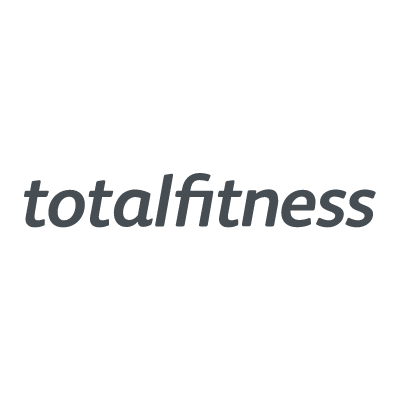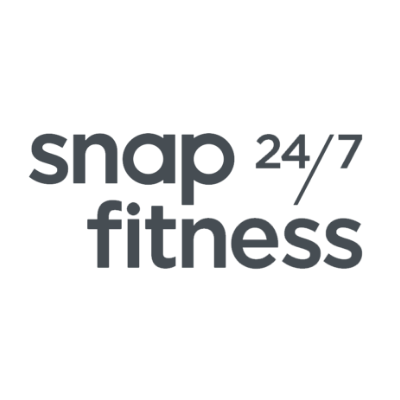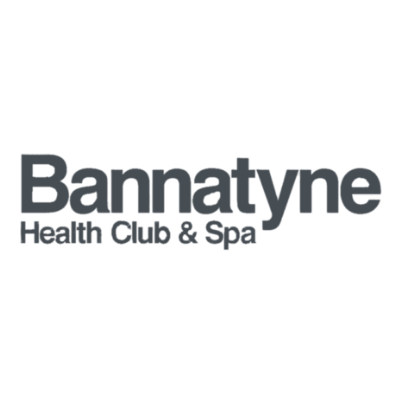The Secret to Creating Effective Meal Plans that Clients Love

The best personal trainers that get the best results and the biggest bucks don't just focus on training.
They know that workouts are just one piece of the puzzle.
Nutrition and what your clients eat is equally important.
If you want to really stand out, you need to get to grips with creating tailored diets and meal plans.
This kind of holistic coaching approach is something you’ll first encounter during a personal training course – where nutrition fundamentals are taught alongside effective program design.
In this guide, our team of experts delve into the art of creating tailored nutrition plans that will help you foster long-term relationships with satisfied clients and make your mark in the fitness industry.
Understand your client
What does your client want to achieve?
From the moment you first meet your client, make sure you understand what they want to achieve. Listen carefully to their aspirations, whether it's building Arnold-like muscle, shedding unwanted fat, improving cardiovascular endurance, or simply leading a far healthier lifestyle. Each goal requires a unique nutritional approach. By being versatile and tailoring your plans accordingly, you'll demonstrate your expertise from the word go.
What you like. What you don’t like.
You’ll be working with clients from all different walks of life with completely unique dietary needs and preferences.
Whether they follow a specific diet like vegan, vegetarian, or keto, or have allergies and intolerances, incorporating their food choices into the nutrition plan only improves adherence and overall satisfaction – so listen closely to what your client has to say.
Health concerns and considerations
You must be well-versed in identifying potential health concerns that could impact your clients’ nutrition plans. Certain medical conditions, such as diabetes, hypertension, or food allergies, require careful consideration and specialised guidance. As a personal trainer it’s your job to ask about their health right away. By doing so, you'll instil confidence in your clients, so they appreciate their well-being is your top priority.
The building blocks of an effective nutrition plan
Macronutrients: Protein, carbs, and fats demystified
The foundation of a successful nutrition plan lies in understanding the three macronutrients: protein, carbohydrates, and fats. Each nutrient plays a distinct role in fuelling the body, alongside other micronutrients that we need every single day. Here’s a short summary of everything you need to know.
Protein: The building blocks of strength and recovery
Protein, often hailed as the "building blocks of life," plays a pivotal role in muscle growth, repair, and overall recovery. Clients engaged in strength training, resistance workouts, or seeking muscle hypertrophy will benefit significantly from higher protein intake. Why? Because protein provides the essential amino acids necessary to repair damaged muscle fibres and facilitate new muscle synthesis.
Carbohydrates: Fuelling endurance and performance
Carbohydrates are the body's primary source of energy, especially during high-intensity activities like sprinting or sports. Clients involved in activities like long-distance running, cycling, or team sports will likely benefit from higher carbohydrate consumption. Carbs are broken down into glucose, providing an immediate energy boost and replenishing glycogen stores in muscles. Your expertise in tailoring carbohydrate intake to match clients' training demands will make all the difference in their performance.
Fats: Aiding health and hormone balance
Fats have long been misunderstood and unfairly stigmatised, but they’re vital to a balanced nutrition plan. Besides being a concentrated energy source, fats also play a crucial role in hormone production and overall health. For clients aiming to improve hormone balance, boost brain function, and support joint health, incorporating healthy fats is essential. Avocado, nuts, olive oil, and fatty fish are excellent sources of heart-healthy fats that enhance overall well-being.
Understanding micronutrients
Beyond macronutrients, micronutrients are equally as important and essential for various bodily functions. They support energy production, muscle contraction, and tissue repair, among other processes. For instance, iron helps transport oxygen to muscles, crucial for stamina during workouts. Magnesium aids in muscle relaxation and recovery, reducing the risk of cramps and soreness. The list goes on.
Micronutrients like vitamin C, vitamin D, and zinc also help boost the immune system. A strong immune system is vital for overall health, especially for people exercising four to five (or more) times every week. Remember, every client has unique nutritional needs based on factors such as age, gender, activity level, and health status. Understanding micronutrients allows you as a trainer to tailor nutrition plans to address specific deficiencies or requirements, promoting better overall outcomes.
Hydration for optimal performance
Hydration is often overlooked but remains a vital aspect of nutrition planning. Proper hydration improves exercise performance, aids in nutrient absorption, and supports overall bodily functions. Learn how to calculate clients' hydration needs and offer valuable strategies to ensure they stay adequately hydrated throughout the day.
Creating a meal plan
Meal timing and frequency are not merely buzzwords; they hold the key to unlocking your clients' true potential. Understanding the science behind what, when, and how often they eat impact their energy levels, athletic performance, recovery, blood sugar management, and much more.
Here are some key considerations when putting together a meal plan for your clients:
Maximising performance in the gym
The right nutrients at the right time supply the energy needed for optimal exercise intensity, focus, and endurance, translating to more productive workouts and improved fat burning potential. Encourage your client to eat a small, easily digestible meal or snack 30 minutes to an hour before their workout. A combination of fast-digesting carbs and a moderate amount of protein can provide readily available energy for high-intensity training sessions.
Post-workout and recovery
After a workout, the body undergoes a crucial period of recovery and repair. The post-workout meal plays a pivotal role in replenishing glycogen stores, reducing muscle protein breakdown, and supporting muscle repair and growth. You’ll want to encourage your clients to nourish their body with the right nutrients to aid in recovery and promote muscle growth. The post-workout meal should include a good balance of macronutrients, namely protein and carbohydrates.
Snacking isn’t always the enemy
For clients juggling busy schedules, smart snacking can a game changer if done right. Learning to incorporate nutrient-dense snacks that keep hunger at bay and maintain steady energy levels throughout the day will make you an invaluable asset to their progress.
Between meals, the body's energy levels can dip, leading to feelings of fatigue and decreased productivity. Well-thought-out snacks can help bridge these gaps, providing a steady supply of nutrients and energy to keep your clients feeling energised and focused throughout the day.
Encourage your clients to plan their snacks for the day, just as they would with main meals. Preparation is key to avoiding impulsive, unhealthy choices when hunger strikes. Make sure the snacks pack a nutritional punch too. We’re thinking Greek yoghurt with berries, mixed nuts, or veggie sticks.
Cultivating a healthy relationship with food
Beyond the numbers and macros lies a profound concept in nutrition – mindful eating. Your role extends far beyond prescribing meal plans; it involves guiding your clients towards developing a positive and healthy relationship with food. Educate your clients about the concept of mindful eating and its numerous benefits for their overall well-being and fitness goals.
Create awareness around common eating patterns and triggers, such as emotional eating or mindless snacking. Make sure to address emotional eating too. If emotional eating is a concern, work with your clients to identify triggers and develop alternative coping mechanisms that do not involve food. Offer support and understanding throughout their journey towards better emotional well-being.


